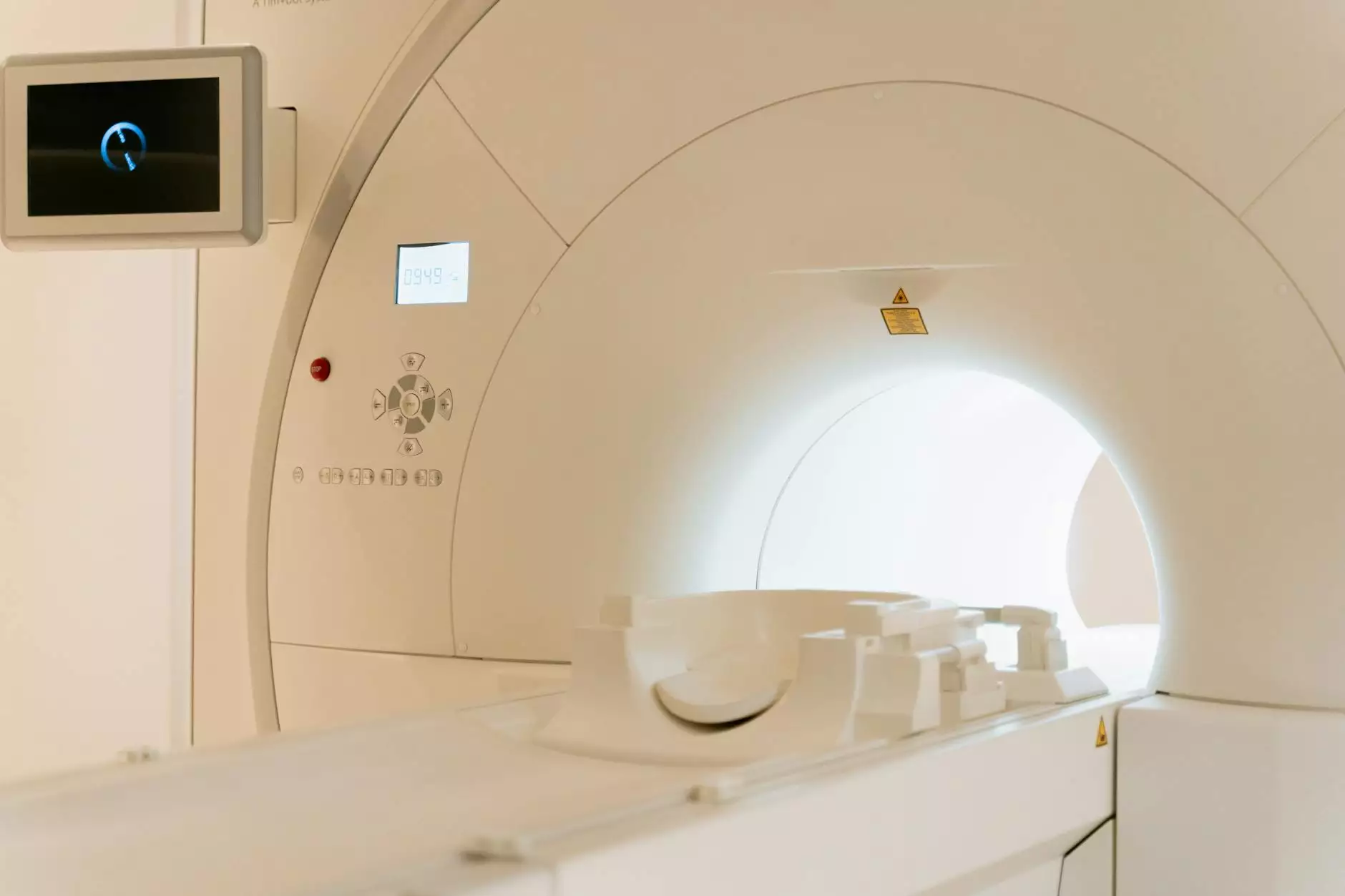The Benefits of DNA Analysis for Health & Medical Purposes

Introduction
In today's rapidly advancing field of medicine, DNA analysis has emerged as a vital tool for doctors, medical centers, and healthcare providers. Through the study of our unique genetic makeup, DNA analysis enables a better understanding of diseases, personalized treatments, and improved patient outcomes. In this article, we will explore the extensive benefits of DNA analysis within the realm of health and medical practices.
Understanding DNA Analysis
DNA analysis, also known as genetic testing or DNA profiling, involves the examination and interpretation of an individual's DNA sequence. Each person's DNA contains valuable information that influences their physical traits, susceptibility to various diseases, and response to certain medications. By analyzing an individual's DNA, medical professionals gain insight into their genetic predispositions and can tailor treatments accordingly.
The Role of Doctors and Medical Centers
Doctors and medical centers play a crucial role in leveraging DNA analysis to benefit their patients. By incorporating DNA analysis into their practice, they can achieve improved diagnostic accuracy, personalized treatments, and preventive measures.
Improved Diagnostic Accuracy
DNA analysis allows doctors to identify specific genetic markers associated with various diseases. This enables them to diagnose conditions earlier, even before physical symptoms manifest. With early detection comes early intervention, leading to more effective treatments and better patient outcomes.
Personalized Treatments
Thanks to DNA analysis, doctors can tailor treatments to an individual's unique genetic profile. By understanding how a patient's body may respond to different medications or therapies, doctors can determine the most effective course of action. Personalized treatments not only enhance the efficacy of interventions but also minimize adverse side effects.
Preventive Measures
DNA analysis can identify genetic predispositions to certain diseases or conditions. Armed with this knowledge, doctors and medical centers can implement preventive measures such as lifestyle modifications, regular screenings, and targeted interventions. This proactive approach reduces the risks associated with genetic predispositions and promotes long-term well-being.
The Benefits of DNA Analysis in Medical Centers
Within medical centers, DNA analysis offers a range of benefits that extend beyond individual patient care. Let's explore some of these advantages:
Advancement of Research
Medical centers heavily rely on DNA analysis in research studies. DNA sequencing and analysis contribute to groundbreaking discoveries, the identification of disease-causing genes, and the development of innovative treatments. The wealth of genetic data obtained from DNA analysis fuels advancements in medical knowledge and practice.
Targeted Population Health Strategies
By analyzing a population's DNA, medical centers can gain insights into prevalent genetic factors and susceptibilities. This information enables the development of targeted health strategies to address specific genetic risks within communities. Population-wide DNA analysis empowers medical centers to explore preventive measures, offer genetic counseling, and implement public health initiatives.
Forensic and Legal Applications
DNA analysis also plays a critical role in forensic science and legal applications. The unique nature of DNA makes it a powerful tool for identifying individuals, solving criminal cases, establishing paternity, and resolving legal disputes. Medical centers equipped with DNA analysis capabilities can support law enforcement agencies and legal proceedings in a significant way.
The Future of DNA Analysis
As technology further evolves, the potential of DNA analysis becomes even more promising. Rapid advancements in genomic science will continue to unlock new possibilities and applications for this powerful tool. It is anticipated that DNA analysis will revolutionize personalized medicine, disease prevention, and our overall understanding of human health.
Conclusion
The advent of DNA analysis has ushered in a new era of healthcare, empowering doctors, medical centers, and healthcare providers to deliver personalized, data-driven treatments and interventions. By leveraging the power of genetic information, medical professionals can make better-informed decisions, leading to improved patient outcomes and a higher quality of care. With ongoing advancements, DNA analysis will undoubtedly continue to shape the future of health and medical practices, making it an indispensable tool in our pursuit of healthier lives.
dna analyse









